
Despite Obsidian’s reputation, though, there are plenty of games the developer has released which are frequently overlooked in considering its catalog. Not every game can reach the acclaim of a Fallout: New Vegas or a Star Wars: Knights of the Old Republic 2 – The Sith Lords, and lesser-known Obsidian projects like Tyranny and Skyforge often get left out of the conversation. Oddly enough, Avowed owes a great deal of its roleplaying prowess to Pentiment, a game that is very different superficially. The illuminated manuscript-styled historical drama is a far cry from the first-person fantasy action of Avowed, but Obsidian’s latest would be much worse off if it hadn’t inherited a key feature.
Avowed Has A Version Of Pentiment’s Codex
Define Esoteric Terms At The Push Of A Button
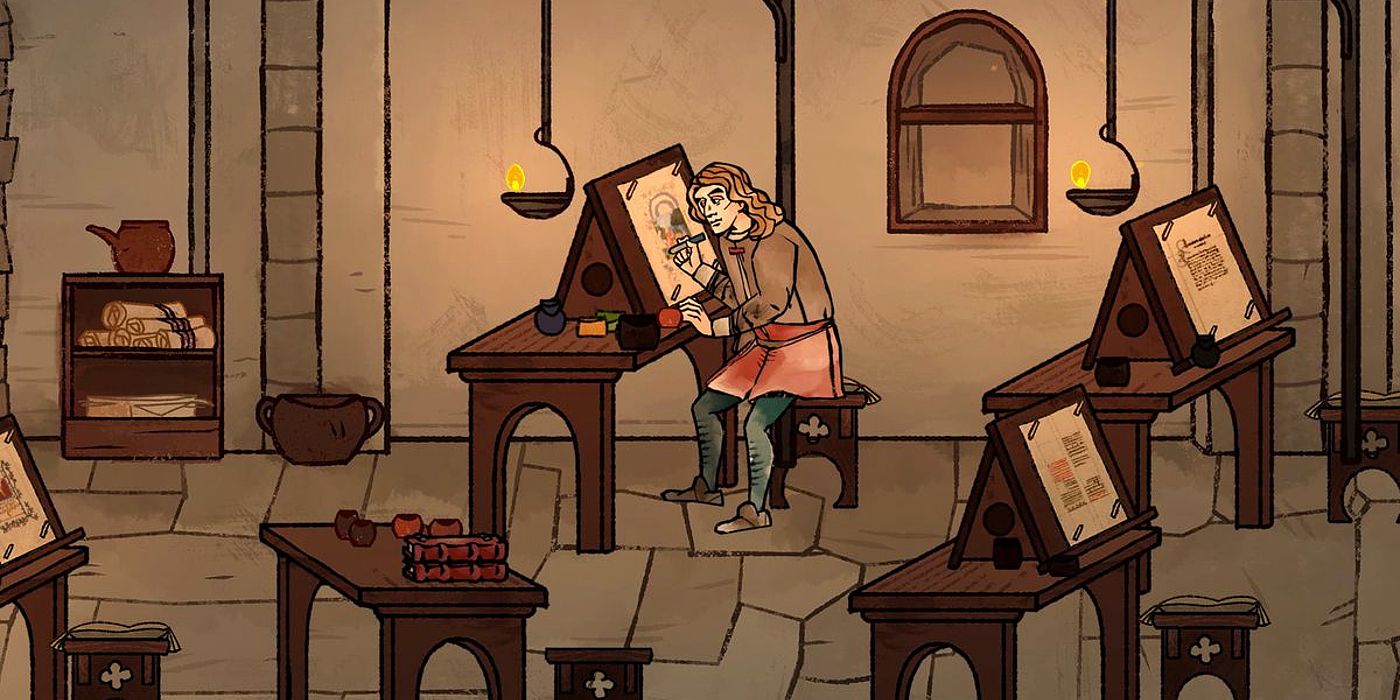
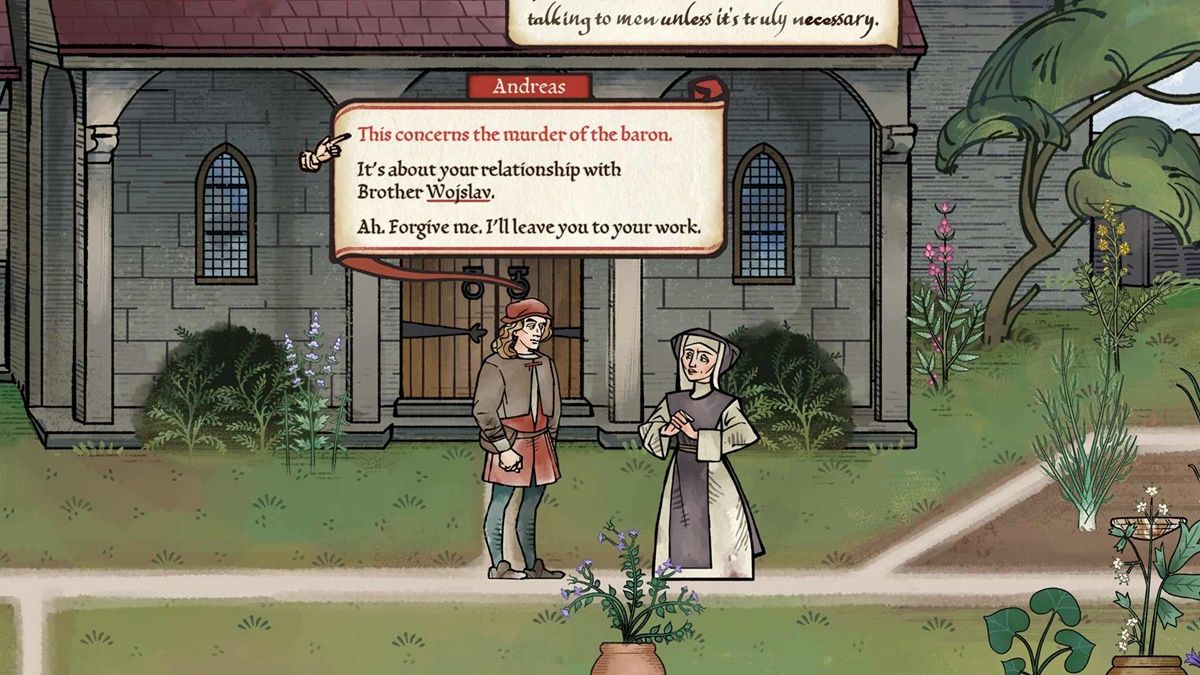
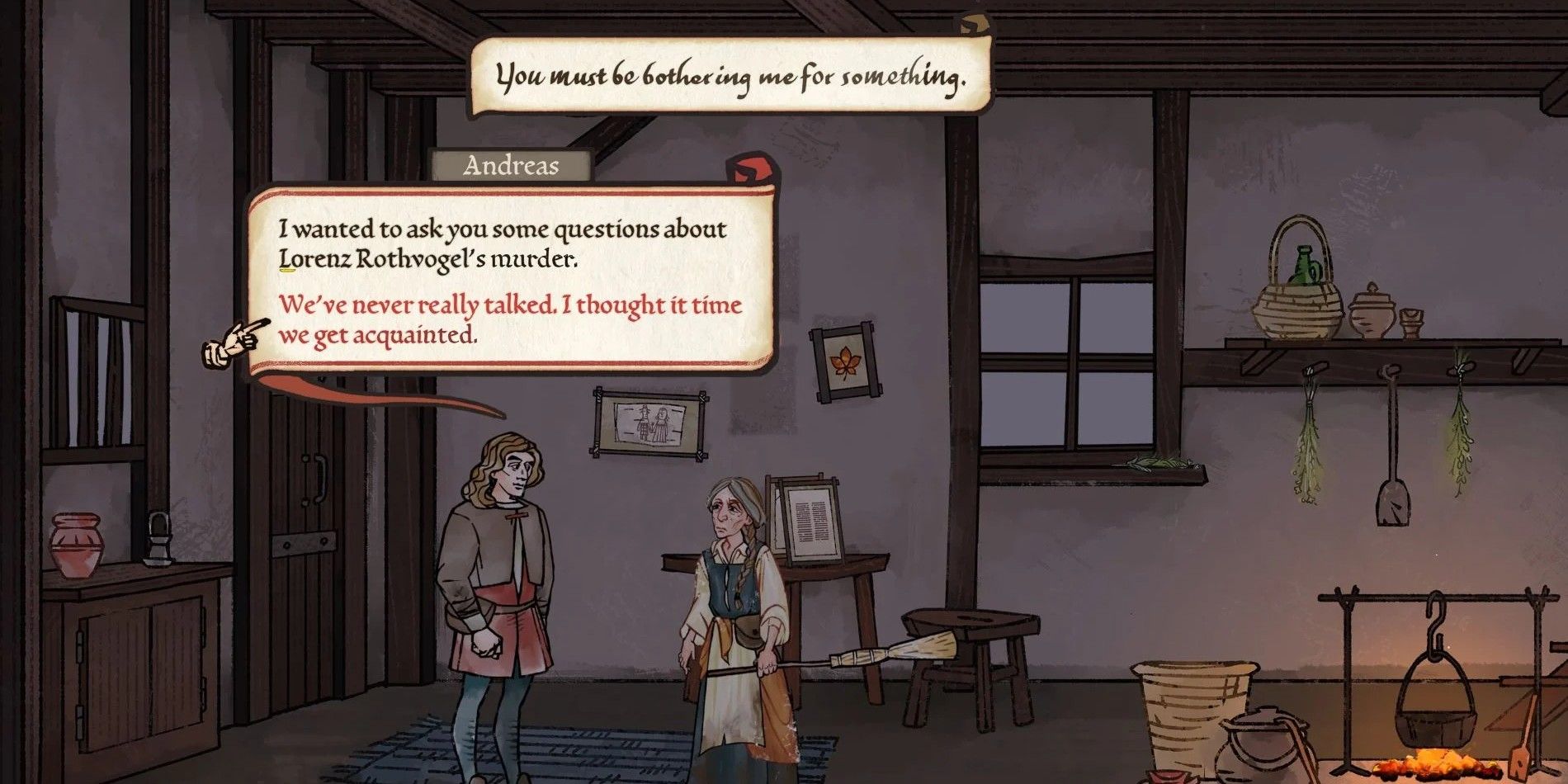
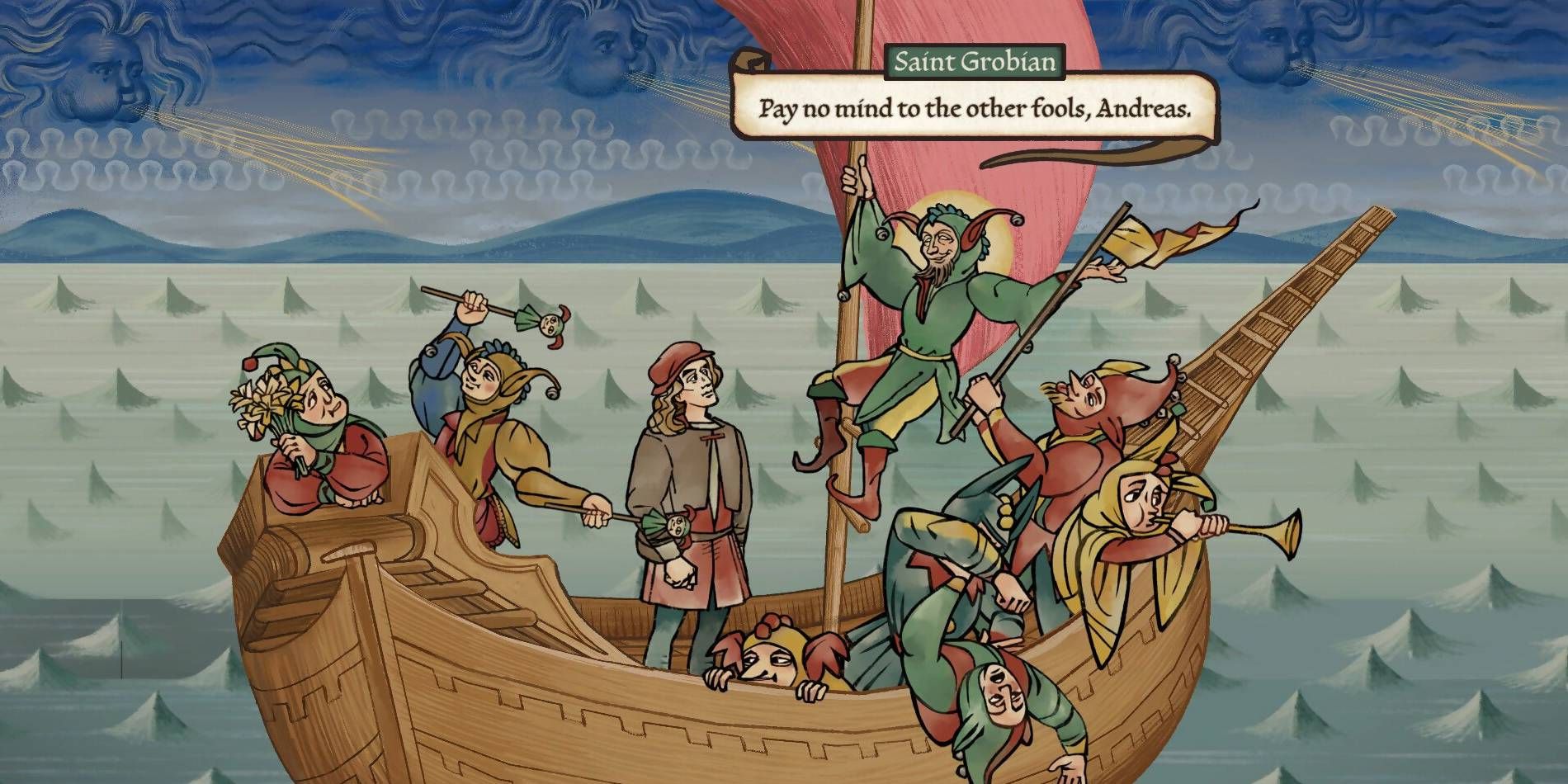
Such strict adherence to history, in addition to Pentiment‘s intense focus on pre-Enlightenment Bavarian culture, makes many conversations difficult to parse. Without extensive knowledge of the time period, it’s very hard to follow the minutiae of what’s happening in the game, but Pentiment makes its codex available at the press of a button in the middle of conversations. While Andreas is chatting with any character, certain terms will be underlined in red, and using the codex will cause pop-ups to appear, defining terms, giving some info on historical figures, or reminding you which Pentiment character is being discussed.
Pentiment is available on Xbox Game Pass, and even though it was formerly an Xbox-exclusive, it’s playable on PlayStation and Nintendo Switch as well.
Avowed’s Active Codex Benefits Roleplaying Substantially
Make Informed Decisions
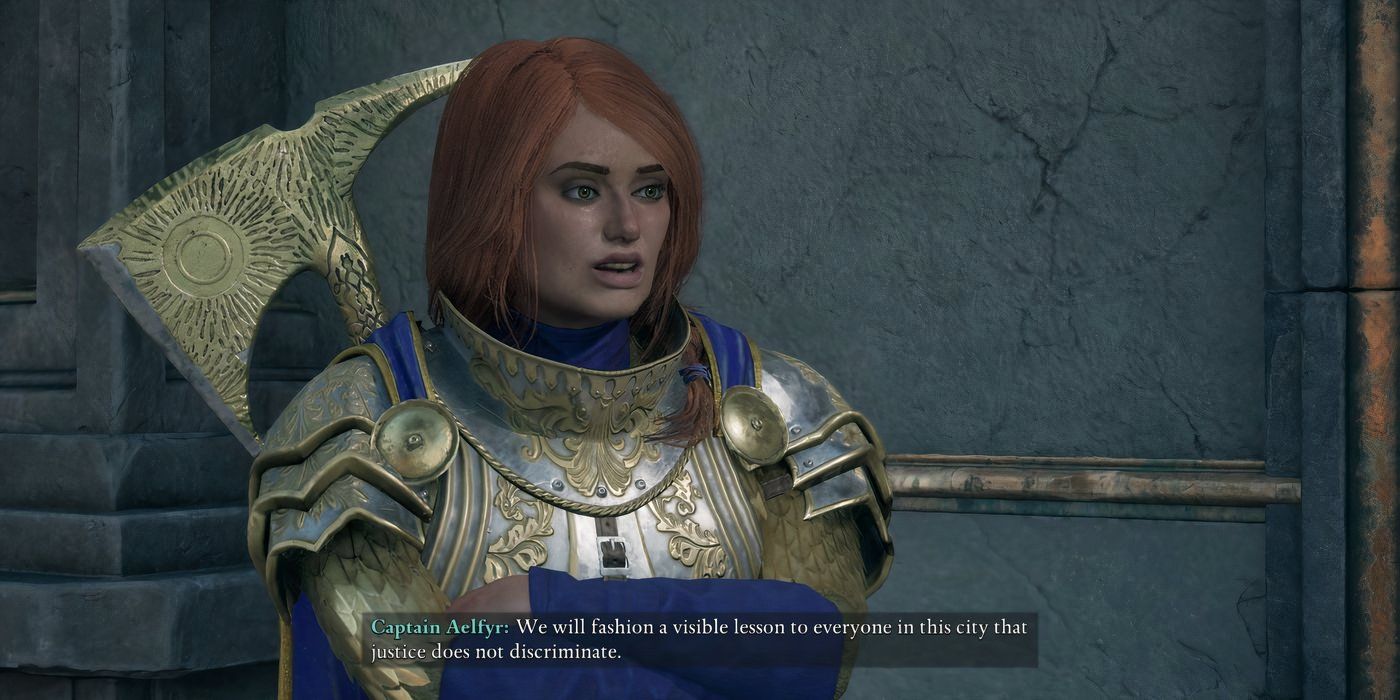
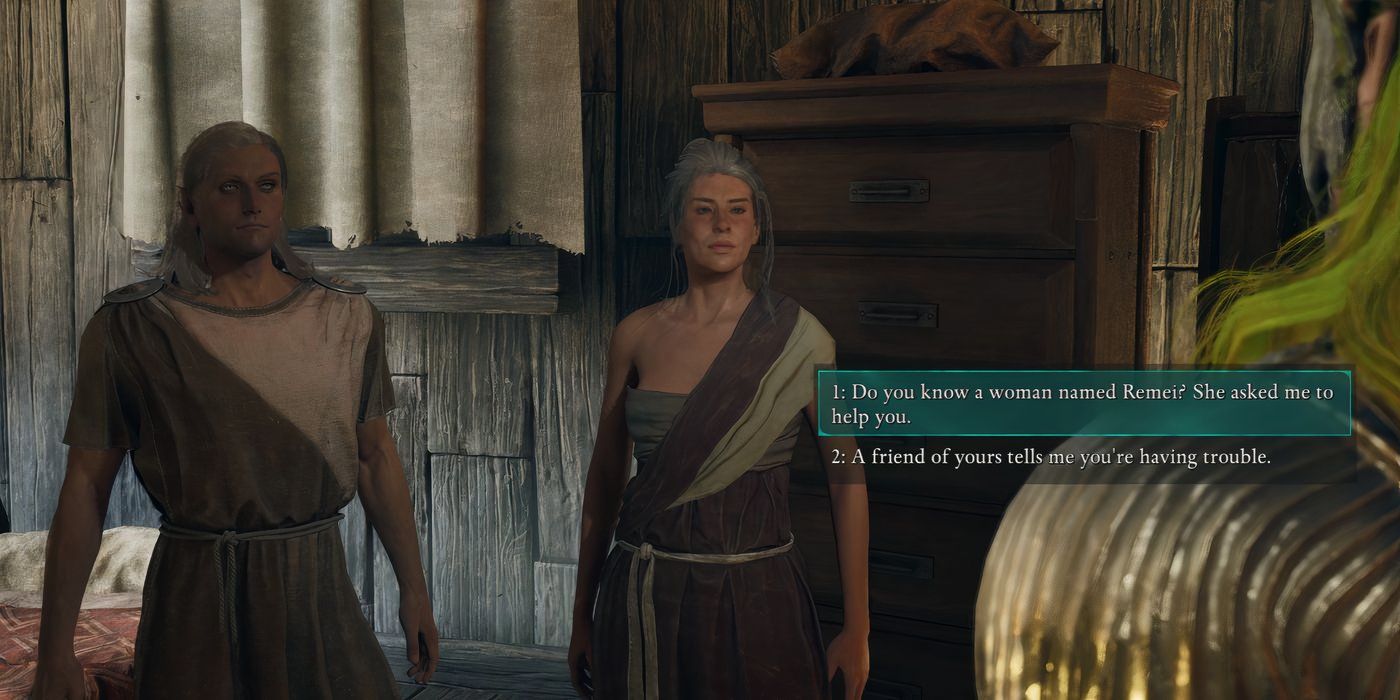
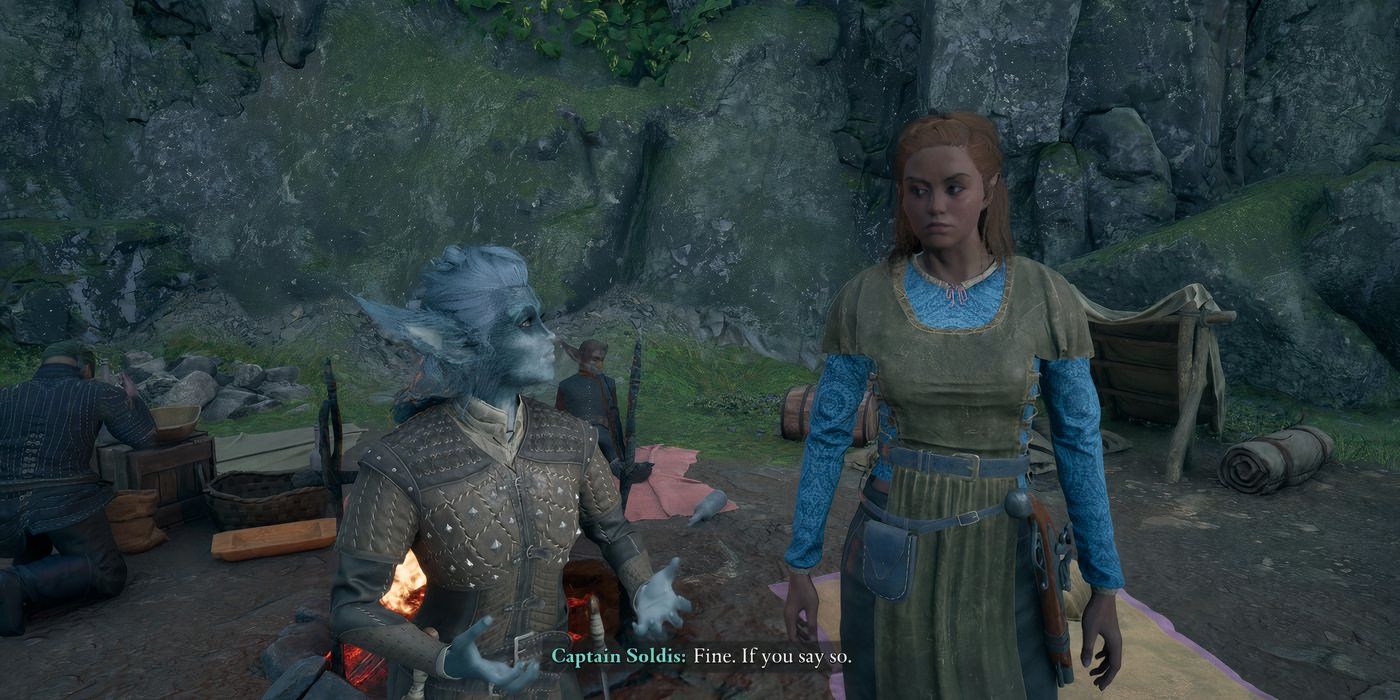
While Pentiment used its codex for all sorts of helpful information, it was largely an education tool, helping players contextualize the historical setting they were exploring. Pentiment has plenty of roleplaying elements, but Avowed is more traditionally an RPG, and many of the choices presented to the player throughout deal directly with Eora’s larger sociopolitical climate. If you’ve never played Pillars of Eternity, it might be hard to follow along when Kai starts telling you about his time in the Rauataian navy, or when Marius’ sentences are filled with dwarven slang.
Conversations in Avowed can be paused to read up on people, nations, gods, cities, words in fictional languages, and more; it’s not sequestered in a separate menu, but right there when you need it. It helps players make informed decisions, and avoids issues that other esoteric settings can have where players may miss some of the finer points of a conversation. As the Aedyran Envoy especially, it feels fitting to have a comprehensive understanding of certain cultural crossroads. It being readily available too makes it easy to absorb extra knowledge about Eora piecemeal; that way, players don’t have to go digging through menus to find what they’re looking for.
Avowed & Pentiment Demonstrate What Obsidian Does Best
Believable & Interactive Societies

More broadly than their immediate gameplay applications, Avowed and Pentiment‘s codices help deepen what has long been a strength of Obsidian: world-building with complex societies. As far back as at least Fallout: New Vegas, and arguably the studio’s take on Star Wars in KOTOR 2, Obsidian’s games have effectively put players in the midst of deep sociopolitical conflicts. The major factions of New Vegas are still frequently celebrated as the best in the Fallout series, and both Avowed and Pentiment continue that tradition in similar but distinct ways.
Pentiment is working inside largely a known quantity, real history. But its narrative nevertheless operates on a lot of complicated middle-ground between classes of people in 16th century Bavarian society. You can send innocent people to death in Pentiment because available evidence doesn’t make it clear who the killers are, and the situation is only complicated further by the idiosyncratic relationships from this specific time period and location, despite the wealth of information afforded by the game’s codex.





